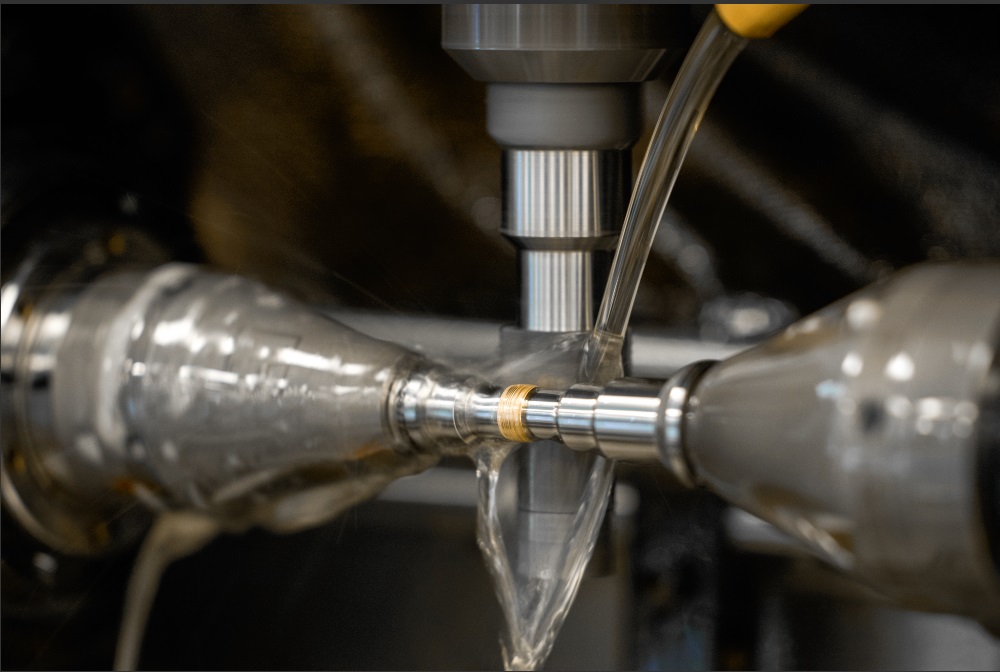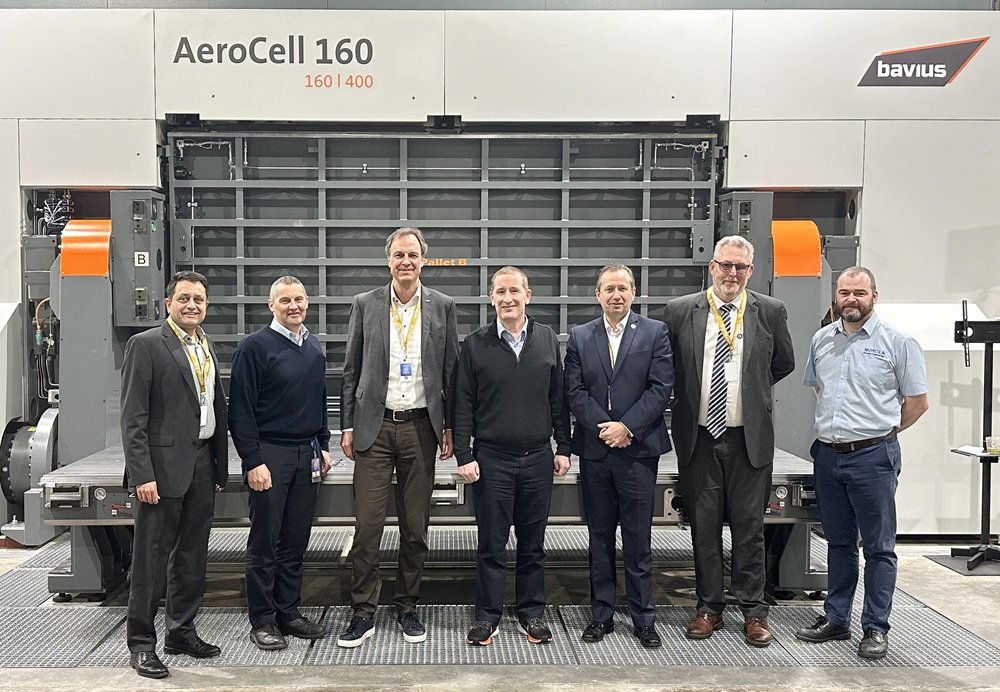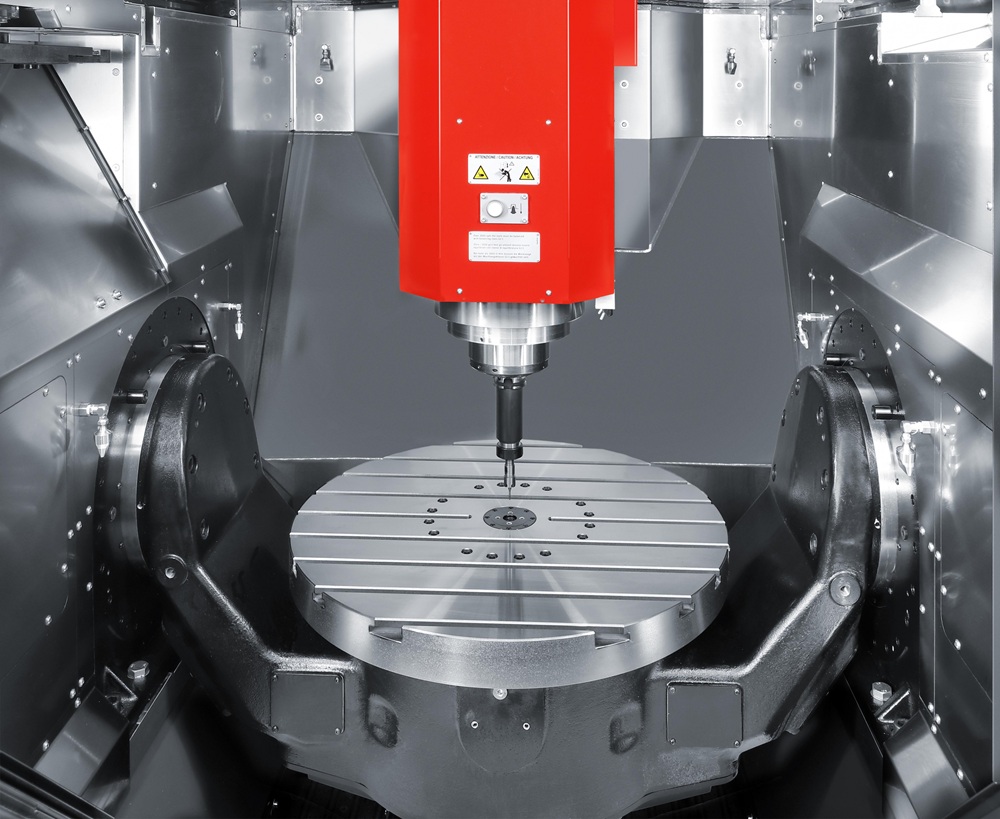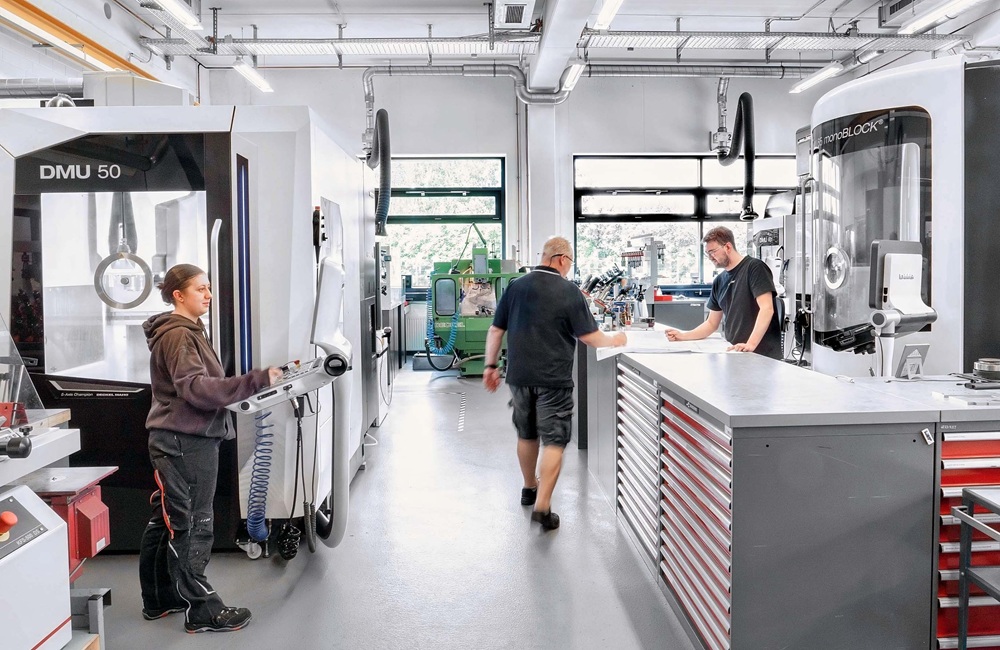The Affolter Group, a world specialist in high-precision gear hobbing solutions, has launched its state-of-the-art AF140. The company’s newest gear hobbing centre is designed for small gears up to 40 mm in diameter and a maximum module of 1.0 mm. Positioned between and replacing the AF90 and AF100, the AF140 delivers the strengths of its predecessors while introducing next-generation automation and connectivity features.
Affolter’s AF140 was developed in close collaboration with users and industry partners to meet the growing demand for simplicity, compactness, versatility and ingenuity in gear hobbing. Designed primarily for the watchmaking sector, the machine is equally suited for precision applications in micromechanics, aerospace, automotive, micromotors, robotics and medical technologies.
“With the AF140, we’re offering our customers a perfect balance between performance, flexibility and innovation,” reports Mikael Affolter, head of sales at Affolter Group. “Its compact footprint makes it ideal for workshops where every square centimetre matters, while its compatibility with existing loaders and the option of a robotic arm provide new levels of automation and productivity. Combined with remote service features, the AF140 represents a true step forward in precision gear hobbing.”
The AF140 reaches cutter rotation speeds of up to 16,000 rpm and workpiece rotation speeds of up to 5000 rpm. A new and customisable robotic arm option for automatic loading and unloading significantly boosts the productivity of the AF140, enabling easy automation and reliable 24/7 production. At the same time, the machine remains fully compatible with established loaders such as W20, W25, W31, AF45, deburring units and more. Built on the powerful Pegasus CNC platform, the AF140 provides digital integration with IO-Link sensors, simplified commissioning, and advanced remote service for real-time support and updates.
More information www.affoltergroup.ch



















